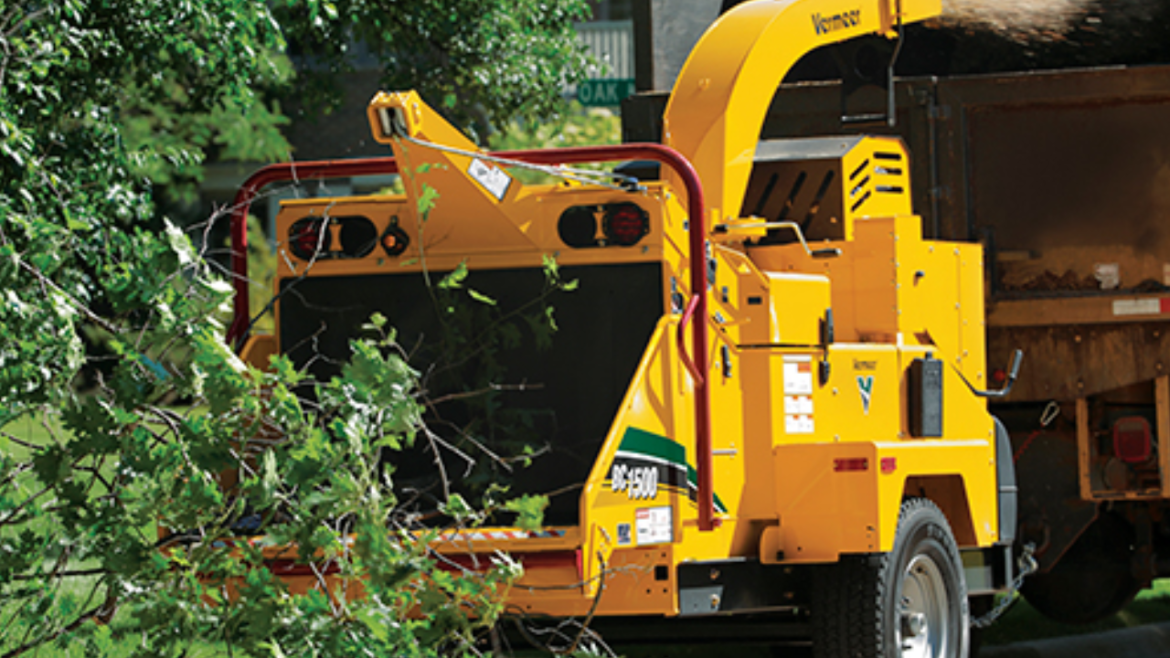A blade made specifically for reducing timber is referred to as a wooden chipper blade, wooden chipper knife, or wood chipper teeth. Blades for timber chippers are extraordinarily strong and wear-resistant. JYF equipment produces cutting tools and add-on components with skill. Chipper Knives and other wear additives are what we provide to the wood-cutting business.
Depending on the user’s precise demands and necessities, wood chipper blades can be made from a selection of substances. Strong, lengthy-lasting, and immune to wear and tear, tremendous tool metal is normally a preferred cloth. For any owner of a house or landscaping employer, wooden chippers and shredders are an important asset.
Another superb alternative for processing harder wood or for greater durability is a blade with a carbide point. Despite the great workings of a wood chipper blade, there are certain factors that greatly affect the blades. Information about the factors is listed below.
Why Is The Safety Of The Wood Chipper Blade Important?
Safety is necessary, no matter what kind of woodchipper you have. Make sure to observe all safety procedures before operating the chipper. Care must be taken while replacing or sharpening the woodchipper’s blades because failure to do so could result in cuts.
Ensure you have all the preservation tools accessible due to the fact that the chipper requires ordinary blade replacement or sprucing. Make sure not to overload the Woodchipper or cause it to break down quickly when using it. So that there are not any issues with the chipper, keep the weight low. The risk of harm to the user will grow if the weight is too high.
What Kind of Material Makes the Best Wood Chipper Blades?
Depending on the consumer’s unique desires and requirements, the material choice for the wooden chipper blade is optimal. Because of its strength, toughness, and resistance to wear and tear, outstanding tool metallic is usually a well-liked cloth option.
For processing tougher wood or for more durable use, carbide-tipped blades are an extremely good alternative. At JYF Equipment, they manufacture wood chipper blades and other wear additives using the greatest grade carbide and alloy steels.
Factors Affecting the Wood Chipper Blades
A wood chipper can be used for 75 to 150 hours. It’ll depend on how its miles are used as well as other factors.
Chipped Material Type
What you chip will determine how long the blade lasts. Seeing that more strain is put on tough surfaces than on smooth ones like twigs and small shrubs, they will put down the blades extra fast.
Debris Entering the Hooper
Make sure to mechanically clean the hopper. If particles aren’t constantly cleared, it’ll hinder the chipper’s operation and eventually destroy the blades if they are not nicely sharpened or replaced.
Durability and Blade Thickness
It’s the thing that has the maximum effect on the chipper’s blades. It’s going to quickly degrade if the hardness is inadequate or too high, therefore, new blades may be simple to replace.
Maintenance of Blades
It is critical to correctly hold the blades. The Woodchipper is probably harmed in any other case. Regularly sharpen your blades, clean up any particles, and use any other required methods to make certain that they’re thoroughly wiped clean. The chipper will function nicely if the blades are functioning well.
Blade Quality
Performance and durability may be greatly enhanced with the use of remarkable substitute blades that meet or exceed the manufacturer’s suggestions. Cheaper or subpar blades could deteriorate more quickly and want to be modified more often.
Remarks
The lives of wood chipper blades can be prolonged, and operating charges can be decreased. Safe and powerful wood-chipping operations can be achieved by being aware of the concerns and taking the necessary steps to deal with them. Your chipper blades will last longer and place less pressure on the machinery if you contend with them and sharpen them often. Because of this, you have to learn how to properly sharpen chipper blades without harming both you and the gadget.
